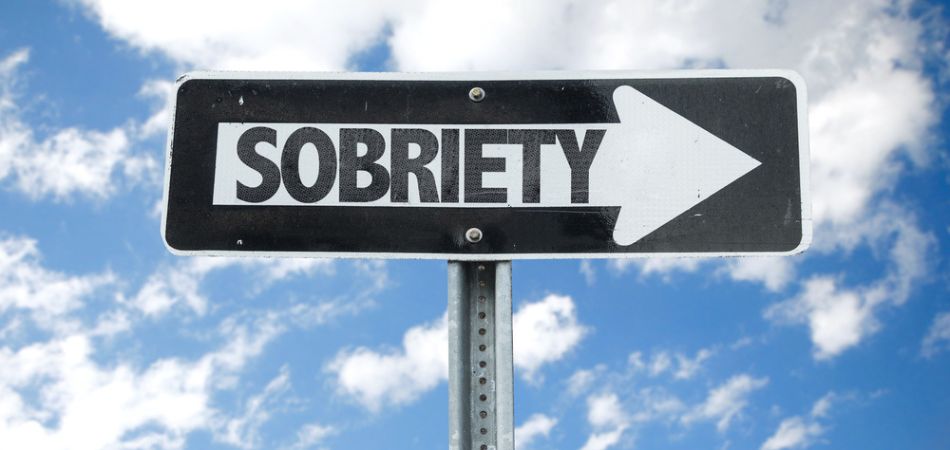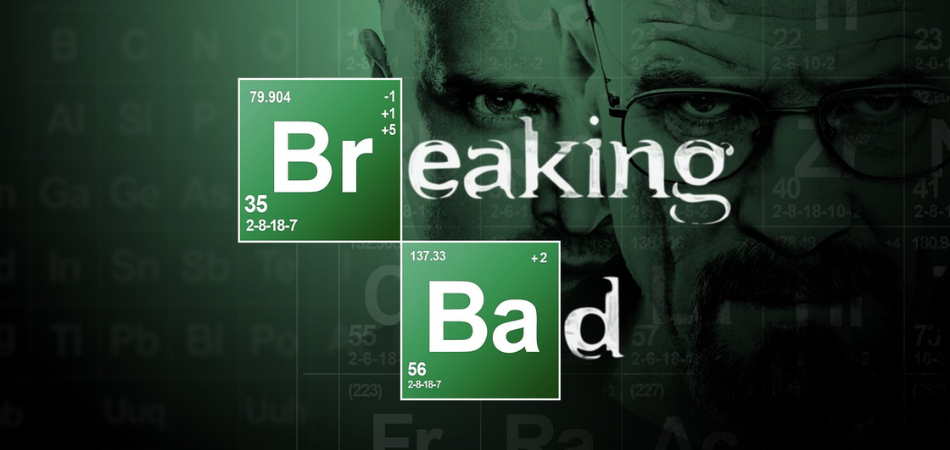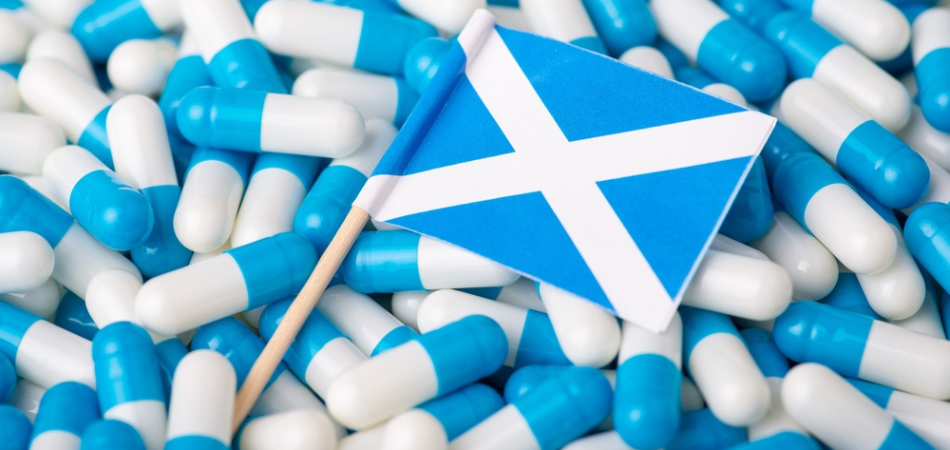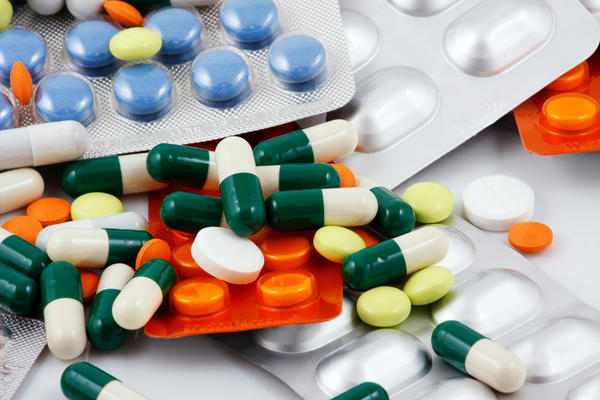
Written by:

Medically Reviewed by:
Last Updated:
October 13th, 2025
Drug Rehab
What is drug rehab?
Rehab often carries more baggage in people’s minds than it does in reality. Years of stigma, old portrayals and half-truths have shaped an image that can make the idea of getting help feel intimidating. Before we get into what drug rehab actually involves, it’s worth breaking down a few of the myths that tend to hold people back.
What isn’t drug rehab?
With those ideas out of the way, we can focus on what rehab really is.
At its core, drug rehab is a process that helps you step away from the cycle of use and begin rebuilding with support. It addresses both the physical dependency on drugs and the psychological grip drugs can take, working through drug detox, therapy and relapse prevention so recovery has a strong foundation.
The aim is, of course, to stop taking the drug in question, but it’s to understand why it became such a central part of life in the first place. From there, the goal is to replace that reliance with healthier ways of coping.
Which rehab setting is best for drug addiction?
Drug rehab can take place in different settings, with outpatient and inpatient being the two main routes. Outpatient means living at home while attending scheduled sessions, while inpatient means staying at a dedicated centre. Both have a role but when it comes to drug addiction, the setting can make a bigger difference than many realise.
Outpatient rehab allows you to take part in treatment while continuing to live at home, travelling to sessions as needed. It offers flexibility and, for those with strong support around them, can provide useful short-term guidance. Yet the difficulty is that familiar surroundings often carry triggers you may not even recognise until treatment begins. Many don’t fully know what fuels their drug use until those layers are unpacked and this is where outpatient care can fall short.
Inpatient rehab removes those distractions by placing you in a safe, structured environment where your focus is fully on recovery. It allows the time and space to work through detox and therapy without the constant pull of old habits or pressures. Living within a supportive community also reduces the sense of isolation, replacing it with connection and encouragement.
For this reason, inpatient rehab is the option most often recommended for drug addiction. It offers not only protection from relapse in the early stages but also the stability needed to make lasting changes.
What types of drug rehab programmes are available at UKAT?
With so many different types of drugs being used today, from those bought illegally to ones prescribed legally, the treatment field has to recognise that each substance can bring its own challenges. What works for one person may not be enough for another, and recovery often depends on addressing the exact nature of the drug involved.
At UKAT, we provide professional and bespoke rehab options that match these differences, giving people the chance to work through their struggles in a way that feels relevant to what they’re facing.
Below, you can see the different programmes we offer and how each one is tailored.

Amphetamine Rehab
Recovery here focuses on stabilising the body and mind after amphetamine use, while exploring the reasons behind dependency. Therapy, routine and supportive surroundings help people learn healthier ways of coping.
Amphetamine Rehab

Cannabis Rehab
Although cannabis is often underestimated, dependence can take a real toll. This programme creates space to break daily patterns of use, with therapy aimed at reshaping thought processes and habits that have formed.
Cannabis Rehab

Cocaine Rehab
This rehab pathway provides a structured environment to address both the physical cravings and the psychological pull of cocaine. With tailored therapy sessions, people learn to reduce triggers and build strategies to manage life without it.
Cocaine Rehab

Crack Cocaine Rehab
Because crack cocaine addiction can quickly spiral, this rehab programme brings immediate structure and support. It combines safe detox with therapeutic work designed to confront cravings, restore health and prepare for long-term change.
Crack Cocaine Rehab

Ecstasy Rehab
Ecstasy misuse often appears connected to social or lifestyle pressures. The programme addresses these influences, guiding people through detox and therapy that rebuilds confidence, mood balance and self-awareness without needing to rely on the drug.
Ecstasy Rehab

GBL Rehab
GBL’s addictive properties make stopping difficult without structured help. This programme supports detox in a safe environment and provides therapy that explores underlying issues, especially where GBL has been tied to intimacy or nightlife. Click the button below to learn more.
GBL Rehab

GHB Rehab
This rehab programme helps individuals step away from dependence on GHB by combining detox with therapy that tackles both emotional and behavioural ties. Support continues beyond treatment to strengthen recovery in everyday life.
GHB Rehab

Hallucinogen Rehab
Hallucinogen use can leave people feeling detached or struggling with mental health symptoms. This rehab option brings stability through therapy and routine, helping to rebuild a grounded sense of wellbeing and connection.
Hallucinogen Rehab

Heroin Rehab
Heroin rehab begins with supported detox to manage withdrawals safely, followed by therapy that addresses both the physical dependency and the emotional patterns keeping addiction in place.
Heroin Rehab

Ketamine Rehab
The programme helps individuals step back from the dissociative effects of ketamine by creating stability and clarity. Therapy aims to confront underlying causes of use and to support a healthier, more sustainable way of living.
Ketamine Rehab

LSD Rehab
While LSD isn’t physically addictive, its psychological impact can be profound. This rehab option provides structured therapy to help people re-centre, manage mental health challenges and leave behind reliance on altered states.
LSD Rehab

Meth Rehab
Meth addiction often erodes health rapidly. Rehab offers a safe place for detox, therapy that rebuilds mental resilience and ongoing support to recover from the intense physical and psychological effects of the drug.
Meth Rehab
How long does drug rehab last for?
One of the most daunting parts of considering a rehab programme is not knowing how long it might take. Is it forever? Is it only a week? Will you be away from your family longer than you can handle? These are valid concerns, and without clear answers, it’s no wonder many people hesitate. The heartbreaking part is that uncertainty alone can stop someone from getting the help they desperately need.
At UKAT, our drug rehab programmes come in different time frames depending on your situation. Some people benefit from a shorter stay, while others need longer to work through detox, therapy and relapse prevention fully. There isn’t one fixed answer because every addiction and every person is different.
The most common programme lengths are:
There’s also the option of an extension if you feel you need a little more time before moving forward.
These time frames provide a general idea of what’s available, but details may vary depending on the treatment facility and your individual circumstances. If you’re unsure what length of stay might be right for you, the best next step is to reach out. We’ll discuss your situation and help you find a programme that suits you, so you can start your recovery with clarity rather than doubt.
What to expect from your stay in inpatient drug rehab
It’s easy for someone to tell you that rehab isn’t scary, but when you’re the one thinking about going, words alone don’t always take the edge off. While we can’t map out your exact journey step by step, we can show you the structure that most of our drug rehab programmes follow. Small details may vary depending on the specific drug, but the core remains the same.
Care is available whenever you need it most, professional staff are close by, and the environment is designed to keep you as comfortable as possible.
- Group therapy
- One-to-one counselling
- Cognitive behavioural therapy (CBT)
- Dialectical behaviour therapy (DBT)
- 12-step work
- SMART recovery
- Motivational interviewing
Each of these approaches has its strengths, and often it’s the combination that makes the difference. Together, they help you understand the patterns behind your addiction and give you practical ways to move forward.
Our secondary care, sober living and aftercare programmes means you’ll also have the chance to revisit this support later on, reinforcing the progress you’ve made and giving you a stronger foundation for the future.
How do I know if drug rehab is the right move for me?
After reading this page, you might feel drawn toward the idea of rehab but still catch yourself wondering if it’s really necessary. It’s easy to dismiss it as something optional, a nice extra rather than a need. The truth is that this kind of thinking has kept countless people from getting the treatment that could change their lives.
If you’re unsure, take a moment to answer these questions honestly:
- Do you find yourself using drugs more often or in larger amounts than you originally intended?
- Have you tried to stop or cut down on drugs before, only to end up returning to them?
- Is drug use beginning to affect your work, studies or responsibilities at home?
- Do you feel anxious or unwell when you haven’t taken the drug and use it to feel normal again?
- Has your drug use started to impact your relationships with friends, family or loved ones?
Answering “yes” to any of these doesn’t mean a drug addiction is confirmed, but it does suggest that rehab could be worth considering. This is your chance to take the uncertainty out of the picture and talk to us about what’s really happening.
Reach out to UKAT today
We’ve covered the essentials of what our drug rehab programmes involve but every person’s situation is different. If you’re still left with questions or want to know what the best next step looks like for you, reach out to us today. A conversation could be the start of something that changes everything. Begin your journey on the UKAT recovery pathway today.


















